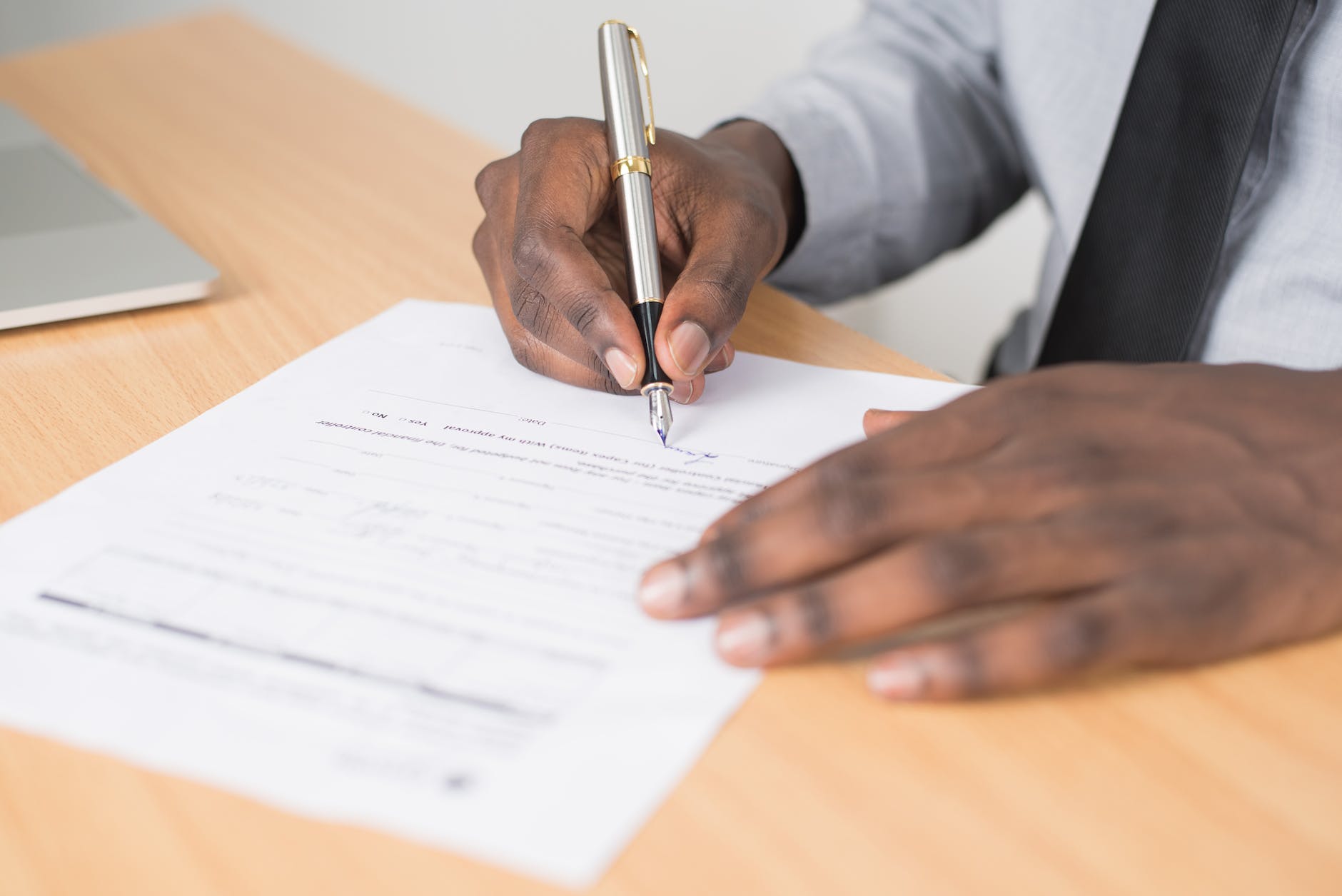You are trying to order the product you want to purchase! Please wait a moment.
Don’t forget the contract and payment! !
In fact, unlike domestic transactions, when exchanging money overseas, there are times when the law does not apply and you have no choice but to do nothing.

What should we do to prevent it? That is the knowledge of “trade administration” necessary to conduct trade.
Even in modern times, with the development of IT, paper media (Paper) is still necessary. Although trade may have the image of being at the cutting edge of business, there are surprisingly analog elements that remain.
The flow of trade generally consists of three stages: “contract,” “transportation,” and “settlement.”
A “contract” is a written agreement between an exporter and an importer. Exporters select buyer companies, and importers select products and business partners. When signing a contract, the contract is exchanged in English in any country, and the Incoterms and payment method are also determined at that time.
“Transportation” is the process of delivering goods from the exporter to the importer. In accordance with Incoterms, the seller and buyer will each arrange transportation, customs clearance, and insurance.
“Payment” involves “payment and receipt” and “delivery and collection of goods” between exporters and importers. There are various methods such as prepayment, deferred payment, online payment, and L/C payment via bank. It is important to choose the most suitable payment method based on transaction history, creditworthiness, stability of the country, etc.
Next time, I will write in detail about the important points required when signing a contract. I hope you are interested!

